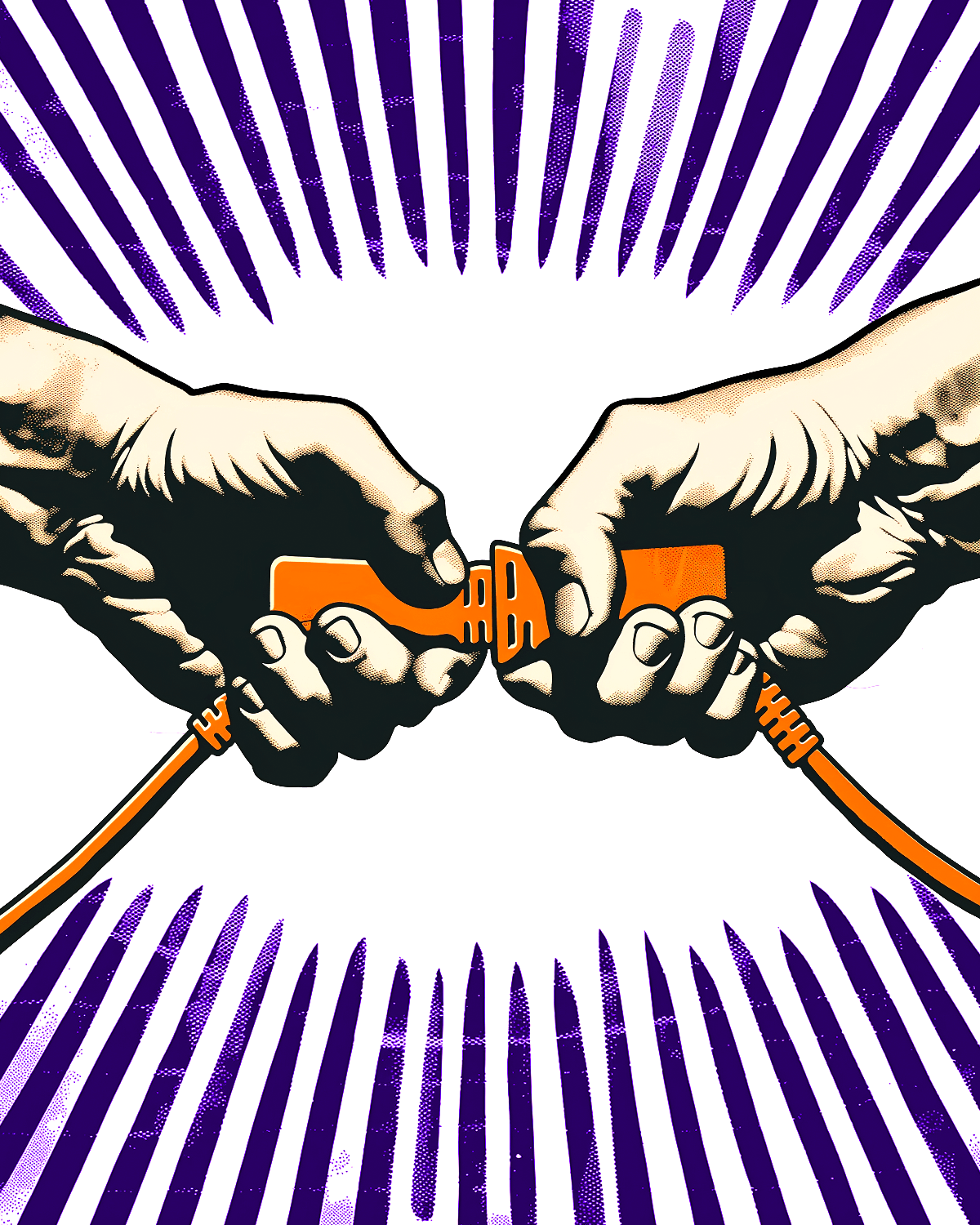People don't give a sh*t
This lesson of letting go at 85% holds a valuable insight for brands: you’re overestimating how much people care about what you’re doing.
That’s not to say what you’re doing isn’t good or isn’t impactful or doesn’t make a difference. Consumers today are inundated with branding, marketing, advertising, whatever-else-we-can-get-in-front-of-them-ing at every moment in every day. (Fun fact: no one can actually tell you how many brands consumers are exposed to in a day. Some sources will say consumers are exposed to up to 10,000 ads a day, but others will give you a more realistic number, like 347.) Over-polished perfection often blends into and adds to the brand noise consumers experience every single day.
We say it all the time at Moxie: “no one’s going to care about that.” That’s not to say we don’t care, but our job is to uncover how consumers perceive your brand.
The appeal of imperfection
More and more, consumers are drawn to the brands that are authentic, approachable, and relatable. The perfectly polished image is no longer what resonates with most consumers, deeming it largely unrealistic.
Brands must make quick decisions and adapt rapidly to remain competitive and stay top-of-mind. This means that they can’t always wait for perfection. Trends, preferences, and demands change rapidly. The pursuit of perfection delays progress and causes brands to miss opportunities they could have otherwise had the opportunity to embrace. This constant push for perfection often leads to overthinking, which can be more damaging than a slight imperfection.
The cost of overthinking
Overthinking brand decisions can paralyze progress and prevent brands from launching or adapting effectively. When decision-makers spend too much time perfecting every detail, they risk stalling the entire process, often diminishing impact. Most consumers don’t notice that last little polish in the final 15% of their project, but they do care about timeliness, relevance, and authenticity.
The pursuit of perfection isn’t about endlessly polishing; it’s about understanding who you are as a brand. The need for perfection comes from uncertainty — a fear that we haven’t yet gotten it ‘just right.’ But for brands that truly know their identity and position, that fear starts to fade. These brands are confident in who they are and that confidence gives them the clarity to know when it’s time to stop tweaking and start acting. Brands with a strong sense of self are able to act decisively, trust their instincts, and deliver their message without overthinking. Clarity of your brand’s identity is the goal.
Perfect brands don’t stand out; honest ones do.
%20(2).png)




